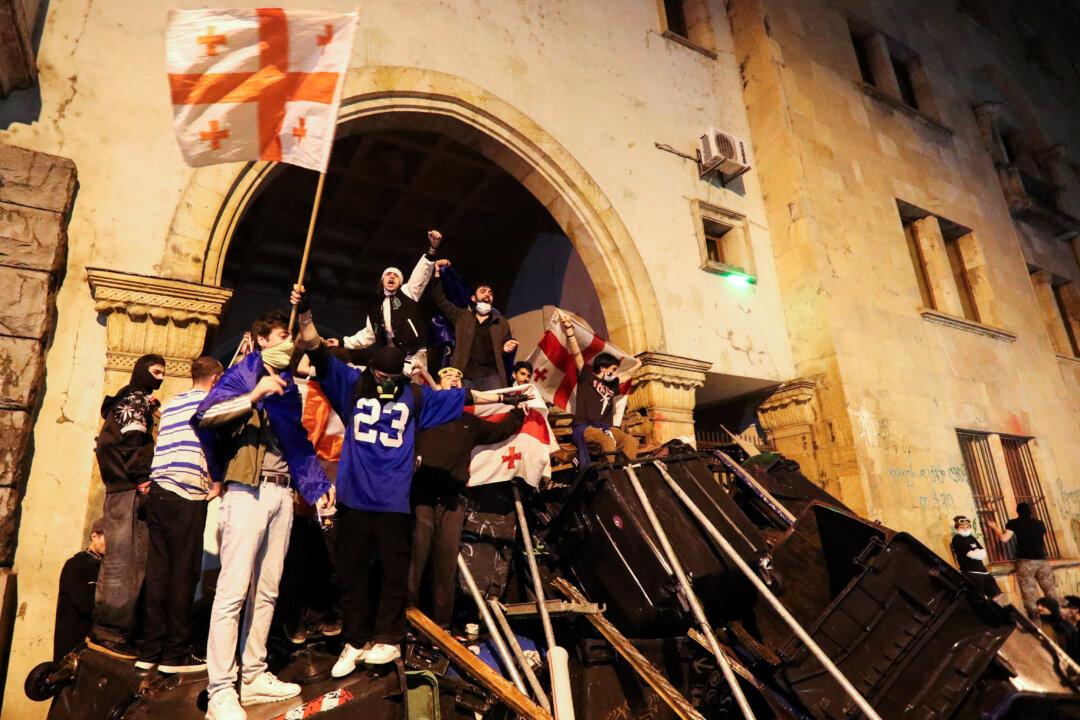The United States has imposed a fresh raft of sanctions on Georgian officials for allegedly using excessive force against demonstrators earlier this year.
“Today’s action underscores our concern about the consequences of anti-democratic actions in Georgia and efforts by key individuals to use violence and intimidation to achieve their aims,” Bradley T. Smith, the U.S. Treasury Department’s acting undersecretary for terrorism and financial intelligence, said in a statement released by the Treasury Department on Sept. 16.





